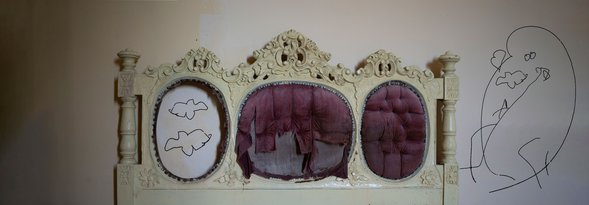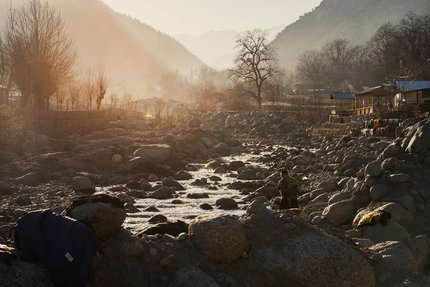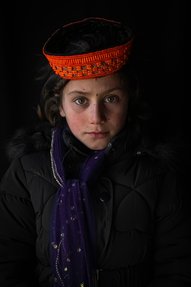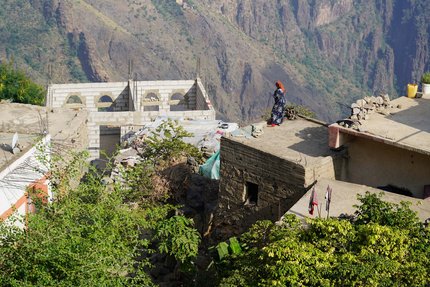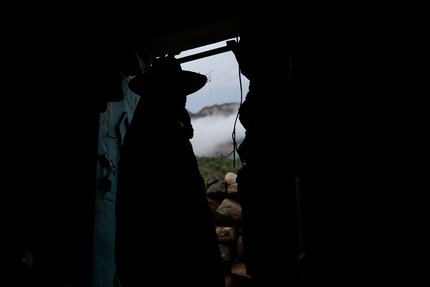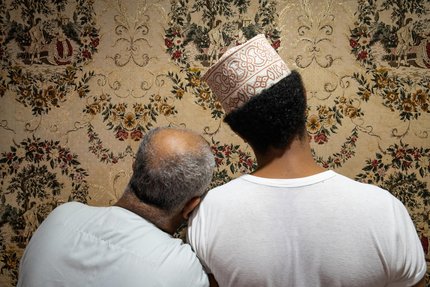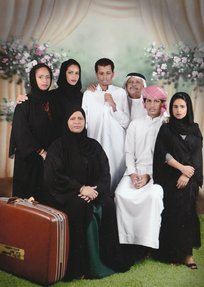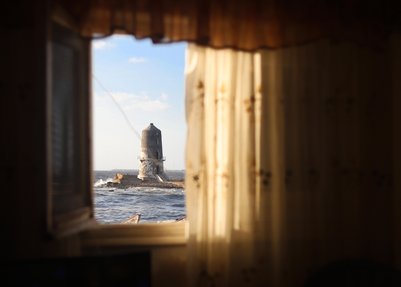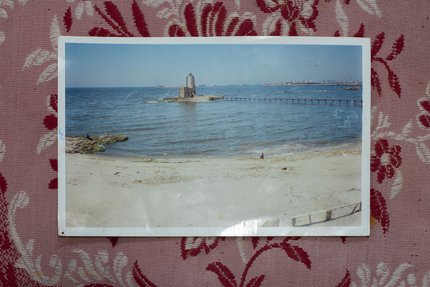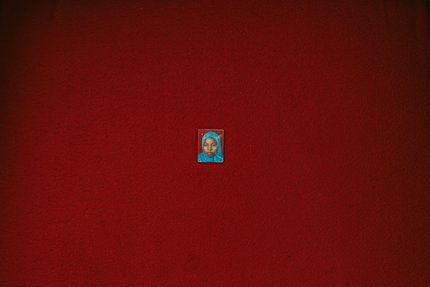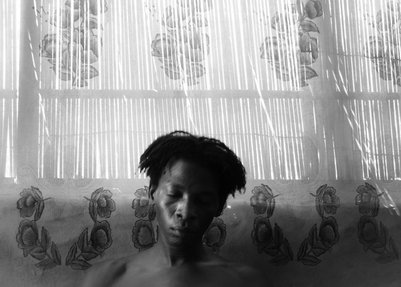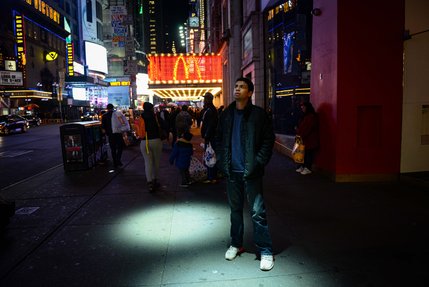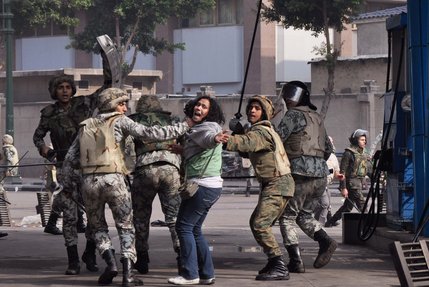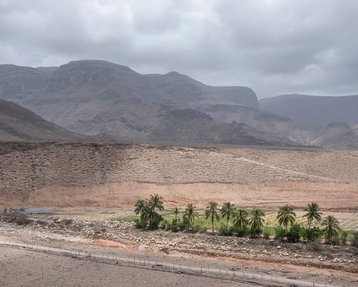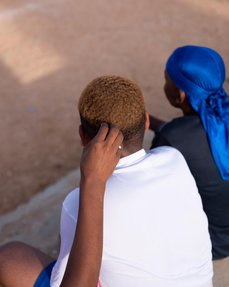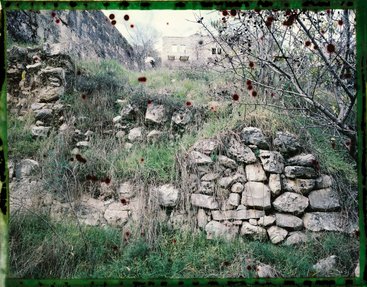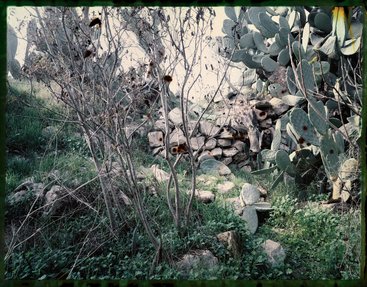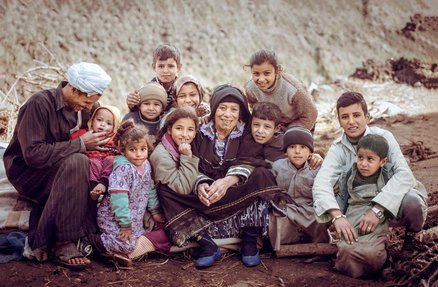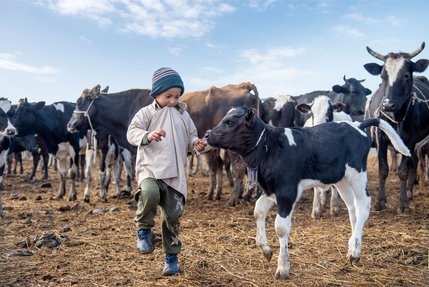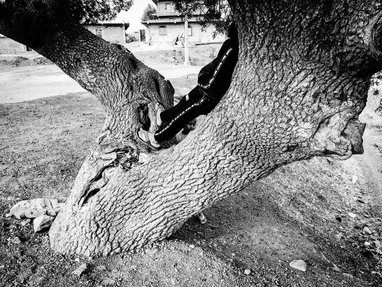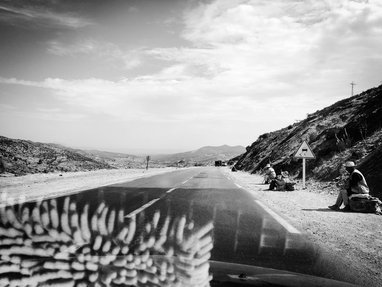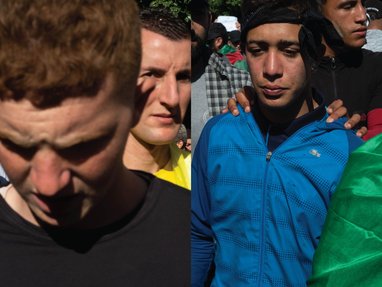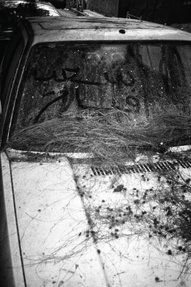In 2021 and 2022, each of the photographers participating in I Am The Traveler And Also The Road was a recipient of the Sheikh Saoud Al-Thani Project Award, which is an annual grant award created by Tasweer Photo Festival Qatar to enable the development or completion of photographic projects by photographers living in the WANA region. With a panel of photography experts jurying this grant programme, and in collaboration with the Saoud Bin Mohammed Al-Thani Foundation, Tasweer is already in its third year of annually supporting and celebrating local and regional photographers. Through this award, Tasweer manifests its core aim of participating meaningfully in the forward momentum of exceptional photographers who are creating articulate stories from the region.
I Am The Traveler And Also The Road is intentionally curated to bring together both fully-completed and work-in-progress projects that carry the energy that underlies the deepest and most enduring photographic accounts of human situations and encounters. The exhibition installation that speaks to active, individual and unfolding directions of photography that are being created by photographers here in Qatar and in the WANA region today. The photographic projects drawn together in this exhibition share the present-day urgency of traveling into collective and individual lived experiences, and of marking and mapping unique and extraordinary human stories.
